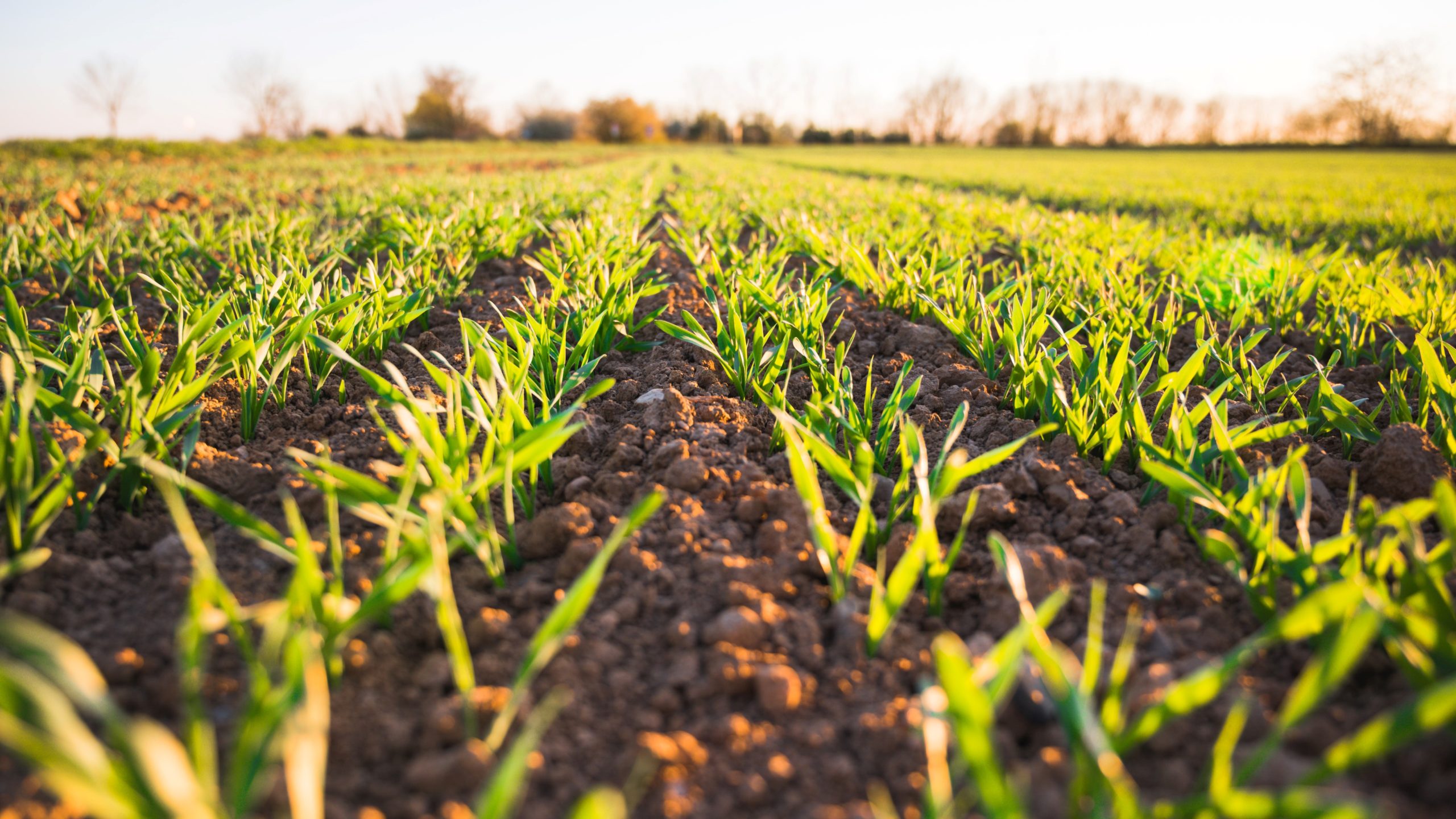Permaculture is the conscious design and maintenance of agriculturally productive ecosystems which have the diversity, stability, and resilience of natural ecosystems. The term was coined by Bill Mollison and comes from “permanent agriculture”. However the concept is not only limited to agriculture, it also includes basic human needs such as food, water, shetler and energy. Permaculture has 3 core tenants:
- Care for the Earth
Permaculture is designed and implemented to be sustainable, because in the process we mimic natural ecosystems in our own approaches to material and waste management. Permaculture involves using ecology to create agricultural systems that eliminate external inputs and is fuelled by the sun; this cuts the use of fossil fuels in the process of food production. With permaculture principles, you’re working with nature, instead of against it which is often the case with conventional agricultural practices.
- Care for the people
Permaculture systems are designed to ensure that people receive access to the resources needed in order to survive. It starts with yourself first, ensuring you have the basics to survive and then extending it further in your community. Health and well-being are important. All people should have access to what they need to live a safe and healthy life.
- Fair share
Permaculture systems can be thought of as a “closed loop”. Any surplus is reinvested into the system, either in the form of care for the earth or care for the people. For example, composting would be an example of reinvesting surplus back into the system which is good for the earth as well as for the people since it helps produce more food in the long run.
There are many ways one can apply permaculture principles to their own life. Permaculture is essentially creating a self-sufficient and sustainable lifestyle for oneself. Homesteading is a concept one can explore to achieve this self-sufficient lifestyle. You can also start small by learning to grow and preserve your own food.
One may think that permaculture would require you to start your own farm but it is possible to apply permaculture principles in an urban setting. You can look into urban agriculture to grow your own food while living in a city. Living a frugal lifestyle and having sustainability practices incorporated into your day to day life are also steps towards creating your own permaculture system.
Written by Hanyia Ahmed, Class of 2022
Photo by Jan Kopřiva on Unsplash

